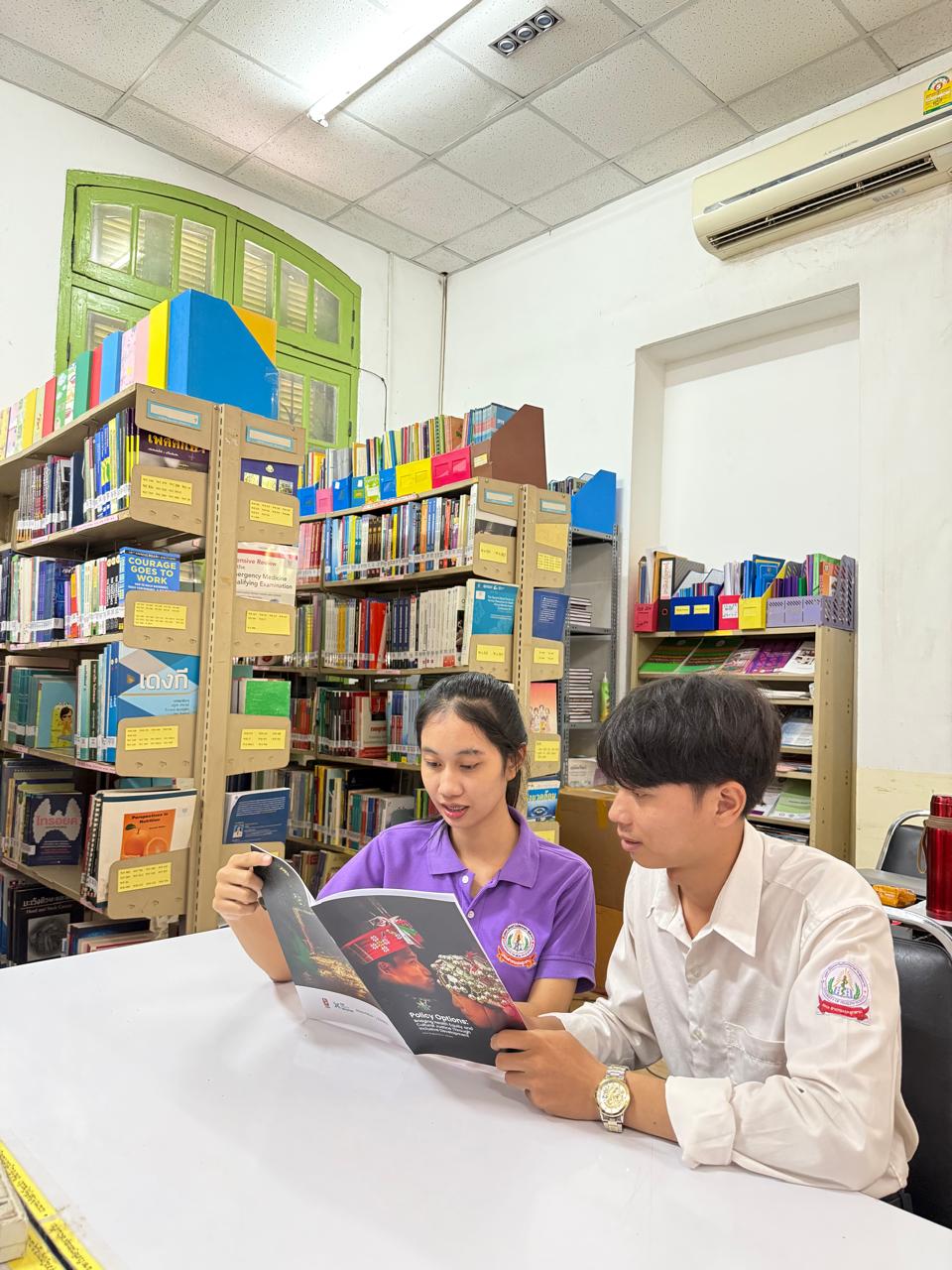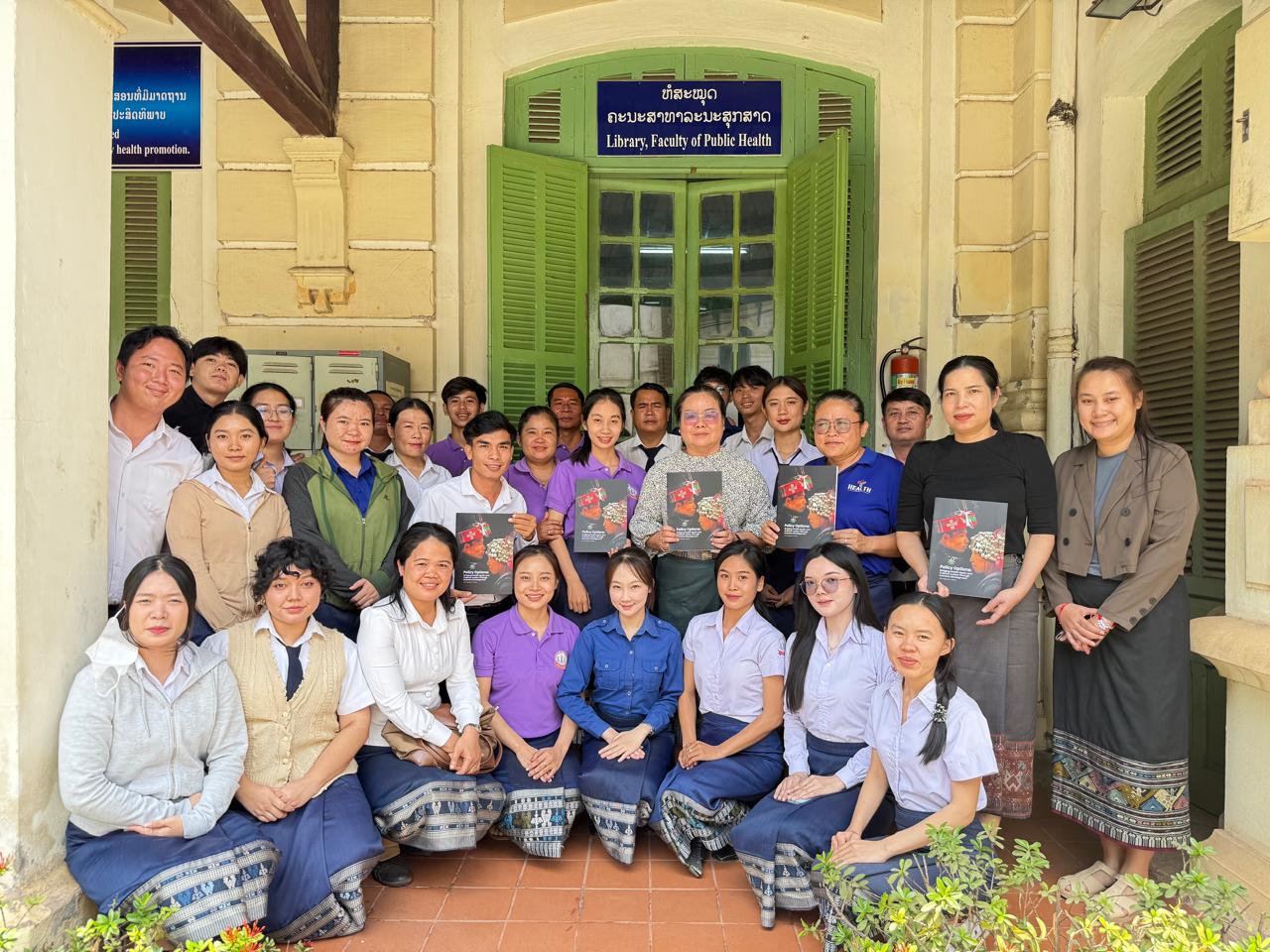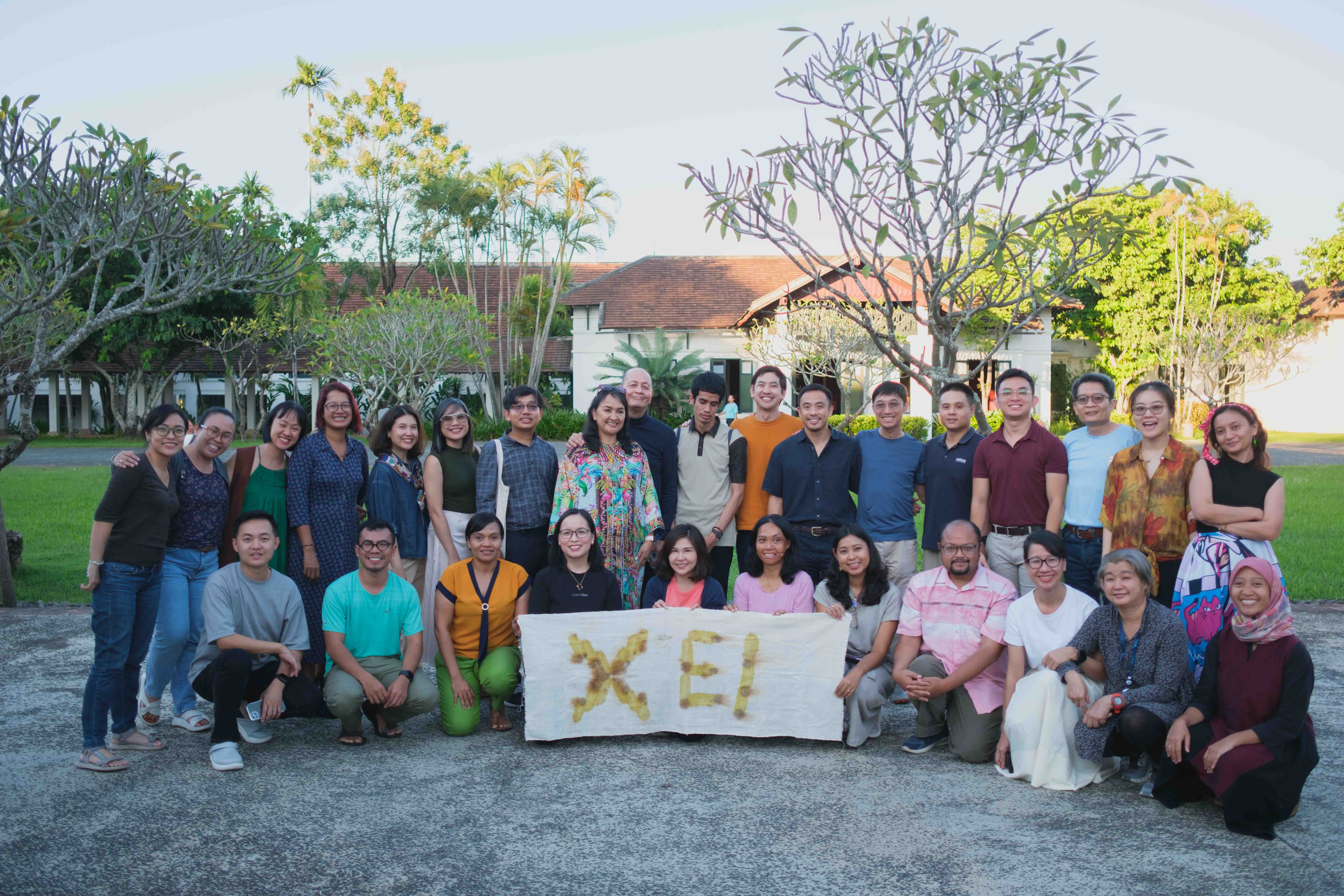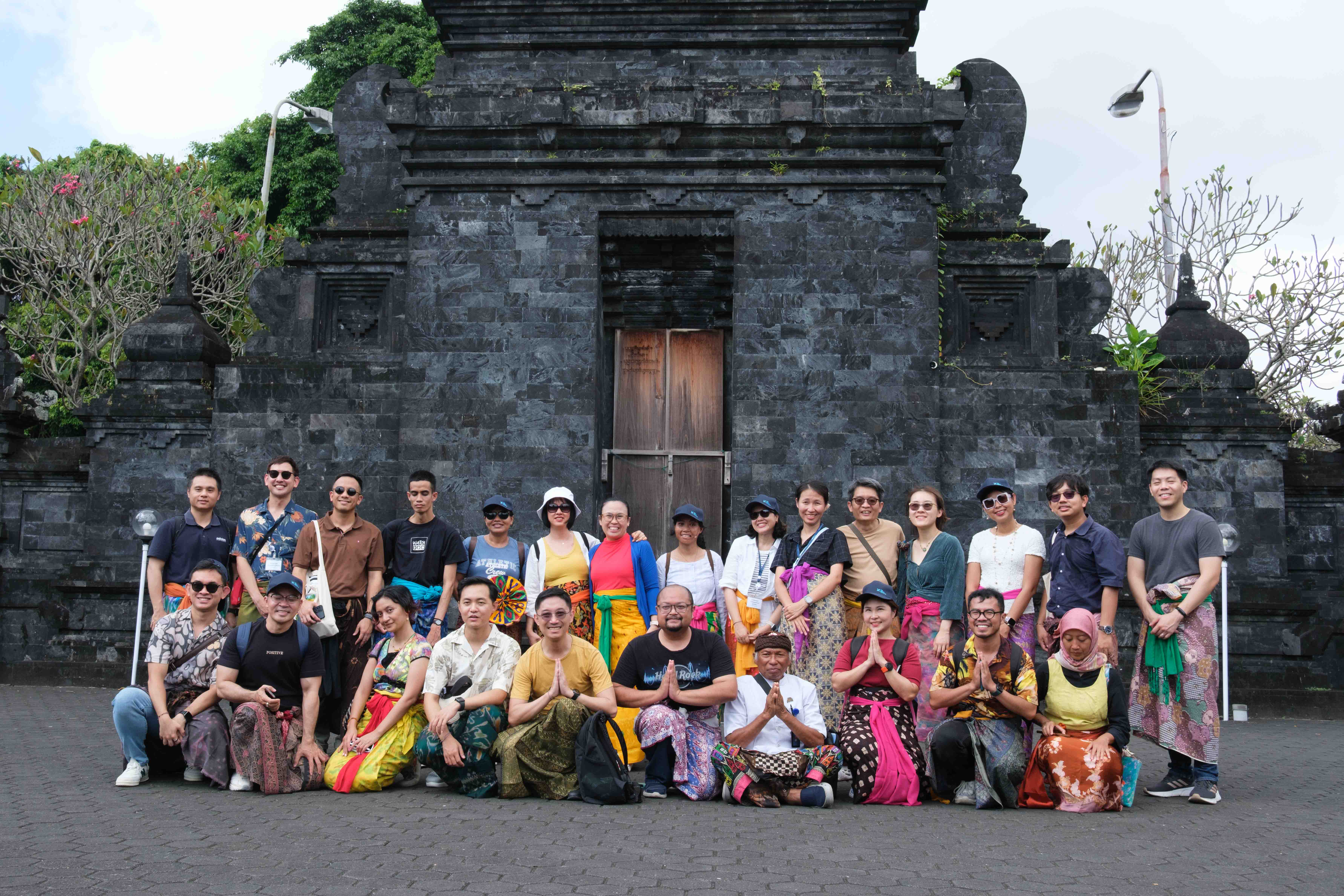Promoting Health Equity for Adolescent Members of the Indigenous Akha Community in Laos
A new publication from Equity Initiative Fellows offers culturally grounded policy solutions to address health inequities among the Akha ethnic group in northern Laos.
In many developing nations, the march toward progress often centers on urban expansion, economic growth, and infrastructure. While these advances can bring prosperity, they too often leave behind indigenous communities, particularly in matters of health and sexual rights. In Laos, the Akha people of the northern mountains experience this gap acutely, particularly among adolescents. Social services remain scarce, language barriers limit access to vital information, and cultural misunderstandings leave health needs overlooked for young people.
It is against this backdrop that a team of Equity Initiative Fellows developed Policy Options: Bridging Health Equity and Cultural Justice Through Inclusive Development, an EI Second Year Project in the form of a resource designed to inform policy and practice
Written by EI Fellow Jose Augustus G. Villano (2022, Philippines), and contributions from Chandavieng Phimmavong (2022, Laos), Anan Bouapha (2022, Laos), and Pham Thi Ngoc Bich (2022, Viet Nam), the book draws from extensive fieldwork, interviews, and consultations with Akha community leaders, women’s unions, and youth groups.

Students from the University of Health Sciences School of Public Health of Laos reading the book
The book centers on two policy briefs that illustrate the challenges and possible solutions. The first paints a picture of daily obstacles faced by Akha adolescents—for example, traveling long distances on steep trails to reach a clinic or studying in a community classroom where children of different grades share one teacher. It urges governments to bring roads, electricity, and health services closer to these remote villages, and highlights participatory budgeting to ensure that young people and community members help decide how resources are allocated.
The second brief turns to cultural traditions, describing how early marriage and sexual initiation rites continue to expose young girls to harm. It calls for interventions that protect adolescents without dismissing their culture—for example, by supporting Akha-led alternatives to these rites and by ensuring health services are delivered in ways that respect local customs. Together, the briefs show how practical reforms can bridge health equity and cultural practices.
On August 1, 2025, the vision of change took a tangible step forward. In a hand over ceremony at the Faculty of Public Health, University of Health Sciences in Vientiane, Chandavieng presented copies of the book to the Deputy Dean, faculty members, and students. Now housed in the university library, the book is readily accessible to the next generation of public health professionals, who can draw on its insights to design culturally informed interventions.
The handover marks the beginning of the book’s next chapter—influencing health policy. Beyond academic settings, the publication is being shared with government ministries, educators, and civil society groups, with the aim of embedding its recommendations into Laos’ national health strategies. By doing so, the authors hope to ensure that the perspectives and needs of the Akha are represented in decision-making processes that shape the nation’s future.
Read Policy Options: Bridging Health Equity and Cultural Justice Through Inclusive Development here.




